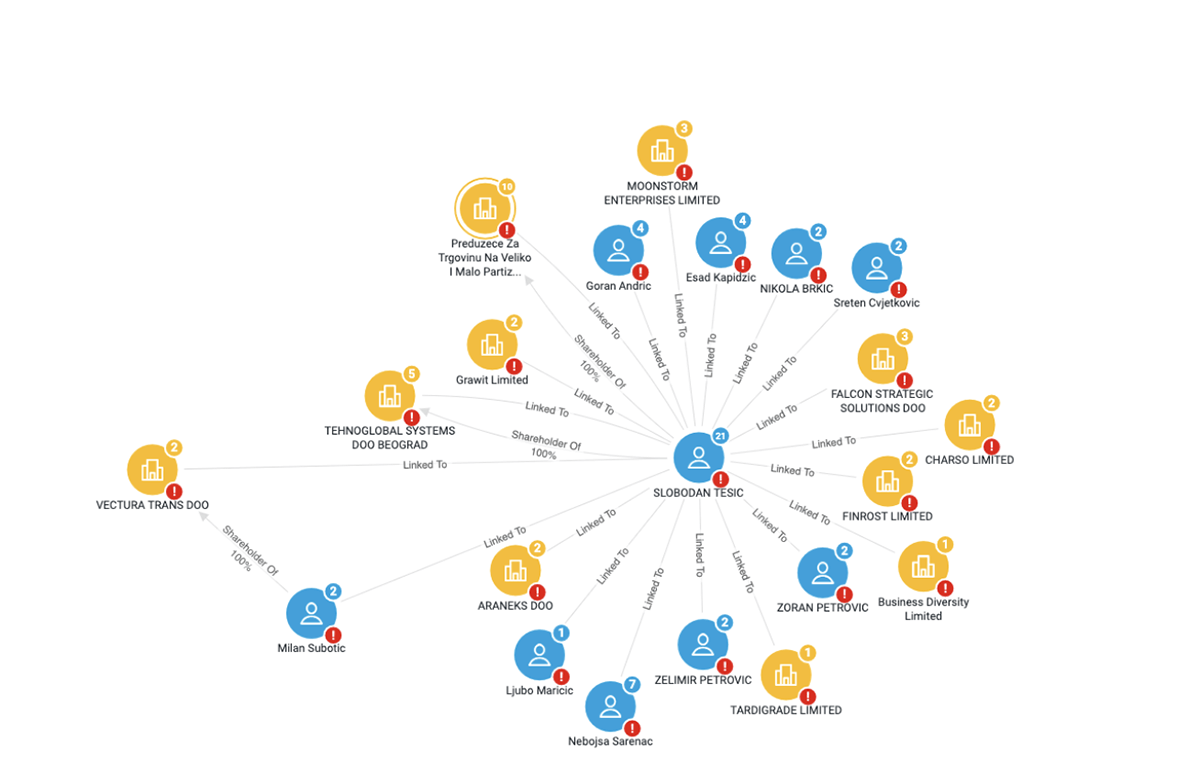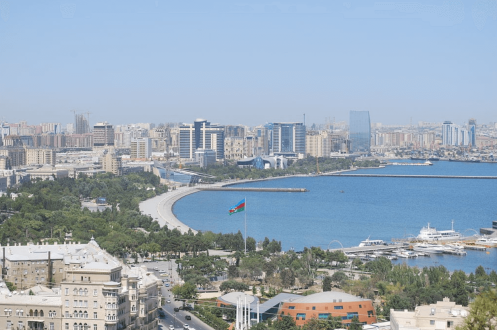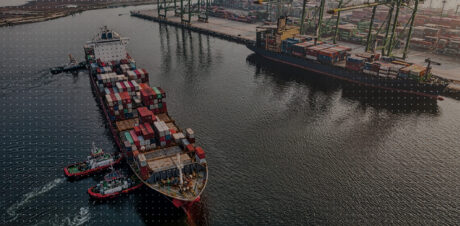Members of the State Security Services of Azerbaijan (SSSA) arrested the Azerbaijani ambassador to Serbia, Montenegro, Bosnia and Herzegovina on corruption charges, Azeri government sources reported last Thursday. The arrest of Eldar Hasanov Humbet oglu is the latest in a string of recent arrests of government officials for alleged corruption in Azerbaijan.
Azerbaijani security services have accused Eldar Hasanov of using public funds for personal gain. He is being charged with corruption and embezzlement after the SSSA reportedly identified a clear misappropriation of state budget funds that were allocated for the use of Azerbaijan’s Ministry of Foreign Affairs.
The charges also coincide with recent clashes between Azerbaijani and Armenian military forces at the Nagorno-Karabakh border, as well as a July arms shipment from Serbia destined for Armenia.
While Hasanov is officially being charged with corruption and embezzlement, local journalists suggest his arrest could be connected to the recent arms shipment, which was delivered to Armenia via Georgia.
Additionally, a week after Hasanov’s arrest, Azerbaijani authorities dismissed the country’s Ambassador to Georgia, Dursun Hasanov. Like Eldar, experts in Georgia suggest his dismissal could also be connected to the July arms shipment, according to Azeri media. Dursun and Eldar are not related.
Other high-ranking Azerbaijani officials have also been sacked as a result of tensions over border clashes with Armenia. At the beginning of July, the Minister of Foreign Affairs, Elmar Mammadyarov, was fired. Mammadyarov had served as the Minister of Foreign Affairs for 16 years.
A rekindled conflict and Serbian arms sales to Armenia
Armenia and Azerbaijan have long fought over Nagorno-Karabakh, the border region that separates the two countries. Since the fall of the Soviet Union and subsequent Nagorno-Karabakh war, the area has been marked by occasional military clashes, including those that broke out in the beginning of July.
The conflict between both countries has also provided a market for arms shipments, with Russia being the main arms supplier to Armenia for the last five years. Russia also makes up a considerable percentage of total arms shipments to Azerbaijan.
But Russia is not the only supplier of arms to the region. Despite its positive diplomatic relations with Azerbaijan, Serbia has also been exporting weapons to Armenia since at least 2018.
While the names of the Serbian companies that sold arms and munitions to the Armenian government in July remain publicly unknown, Serbian local investigative journalists claim that the companies were tied to Slobodan Tesic.
Tesic, who is a Serbian national, was sanctioned by the U.S. Department of the Treasury’s Office of Foreign Assets Control (OFAC) in 2017, and was also previously on the UN Travel Ban List for violating UN sanctions against arms exports to Liberia. OFAC has placed him “among the biggest dealers of arms and munitions in the Balkans,” and he has been accused of bribing government officials in Serbia by financing their children’s education in the West.
In 2018, Vectura Trans d.o.o., a Serbian company that OFAC sanctioned in 2019 for its links to Tesic, signed an arms deal agreement with the Armenian Defense Ministry.
While it is unclear how many arms shipments the company has sent to the Armenian military since 2018, SSSA-backed media has reported that the recent July shipments sent to Armenia were purchased from Vectura Trans, suggesting Tesic’s direct role in arming the Armenian military.
Tesic’s broader corporate network
Tesic’s corporate network includes Cyprus and Hong Kong based entities and carries out several functions. For example, Tesic allegedly used Araneks d.o.o., Tardigrade Limited, and other entities to finalize weapons contracts and arms deals with Arab and African countries. Some of these entities exist to facilitate funding for politicians, according to OFAC

Fig. 1: Sayari Graph snapshot of part of Slobodan Tesic’s corporate network. Entities and individuals highlighted have been sanctioned by OFAC.
In total, OFAC has sanctioned 13 companies and nine individuals associated with Tesic’s network.
- Share This:



